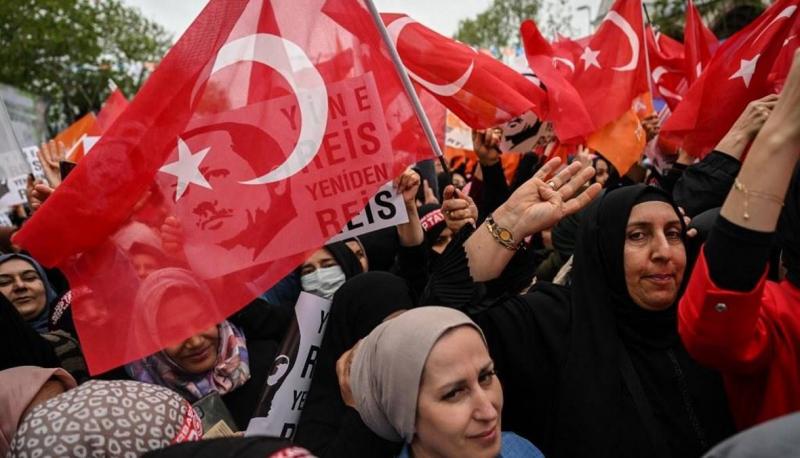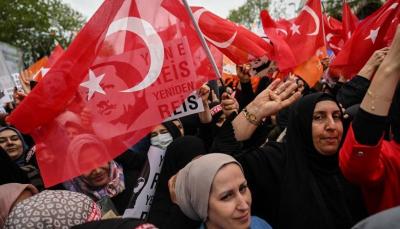The Turkish opposition alliance has pledged to reverse many of President Recep Tayyip Erdoğan's policies if they win in today's elections on Sunday. This includes a return to parliamentary democracy, stricter economic measures, and a significant shift in the country's foreign policy.
### Details of the Opposition's Plan
The main promise of the opposition is to revert to a parliamentary system, claiming that "the alliance will be stronger than the system that was in place before the shift to the current presidential system in 2018." The position of the prime minister, abolished by Erdoğan through a 2017 referendum, will be reinstated, and the role of the presidency will be neutral without political responsibilities. The president's right to veto legislation and issue decrees will be eliminated. The president will sever ties with any political party and serve a single term of seven years, after which they will be barred from political activity. The constitution will grant parliament the power to retract international agreements and will increase its authority in planning the government's budget. In terms of public administration, councils and offices associated with the presidency will be abolished, and their duties will be transferred to the relevant ministries.
### Economic Plans
The Nation Alliance has promised to reduce inflation, which reached 44% in April, to single digits within two years and to restore the stability of the lira, which has lost 80% of its value against the dollar in the past five years. The alliance will ensure the independence of the central bank and will retract measures such as allowing the cabinet to select its governor. Legislation will be prepared to allow parliament to enact laws concerning the central bank's mission, operational independence, and high-level appointments. Policies that interfere with the fluctuating exchange rate, including a government scheme that protects lira deposits from devaluation, will be discontinued. The alliance has pledged to cut government spending by reducing the number of planes used by the presidency and the number of cars for employees, as well as selling some government buildings.
All public-private partnership projects will be reviewed, and the alliance will reassess the Akkuyu nuclear plant project, which is owned by Russian government entities, and renegotiate natural gas contracts to reduce the risks of dependency on specific countries for gas imports.
### Foreign Policy
The alliance has promised that it will "work to complete the process of obtaining full membership in the European Union." They will establish relations with the United States based on mutual trust and aim to return Turkey to the F-35 fighter jet program. Turkey will maintain relations with Russia on the basis of equality, which will be strengthened through balanced and constructive dialogue.
### Legal Reforms
The six opposition parties have committed to ensuring the independence of the judiciary, which critics claim that "Erdoğan and his allies use to suppress the opposition," an accusation the government has denied.
Judges' willingness to adhere to the rulings of the Constitutional Court and the European Court of Human Rights will be considered during promotion evaluations. Judges and public prosecutors who cause human rights violations leading to fines for Turkey in these courts will be required to pay the fines. Measures will be taken to ensure prompt enforcement of judgments issued by the two courts. The judicial council and public prosecutor's office will be reformed and divided into two entities for greater accountability and transparency.
Additionally, the structure and electoral processes in the higher courts, such as the Constitutional Court, Court of Cassation, and Council of State will be reformed. The alliance will ensure that pre-trial detention is the exception.




